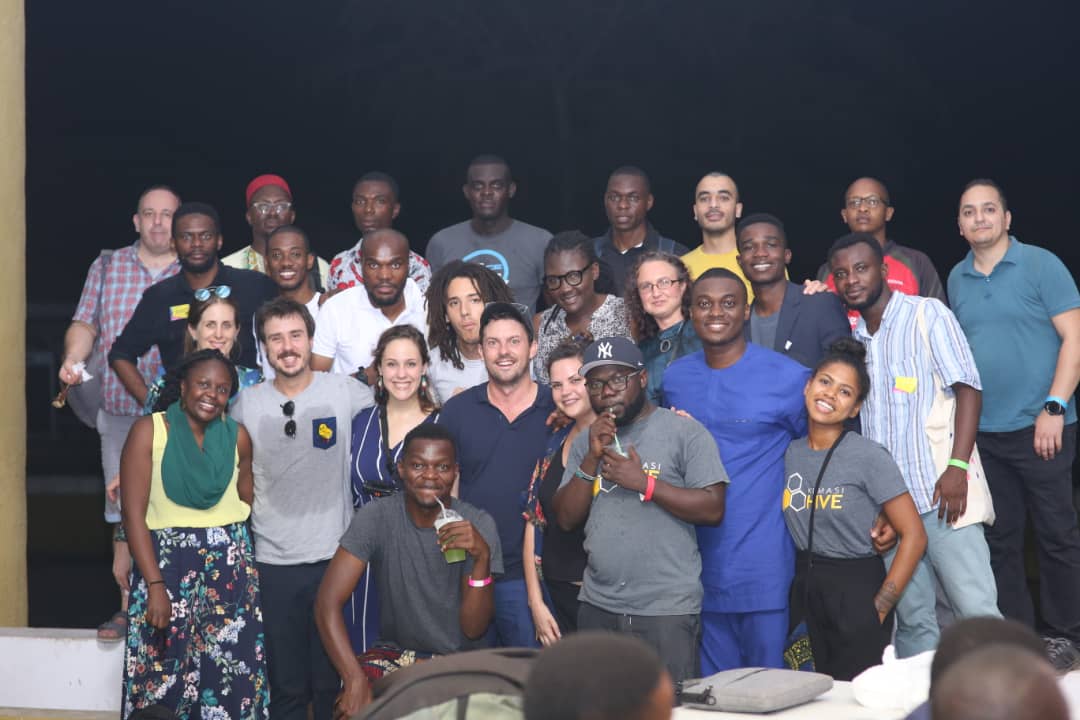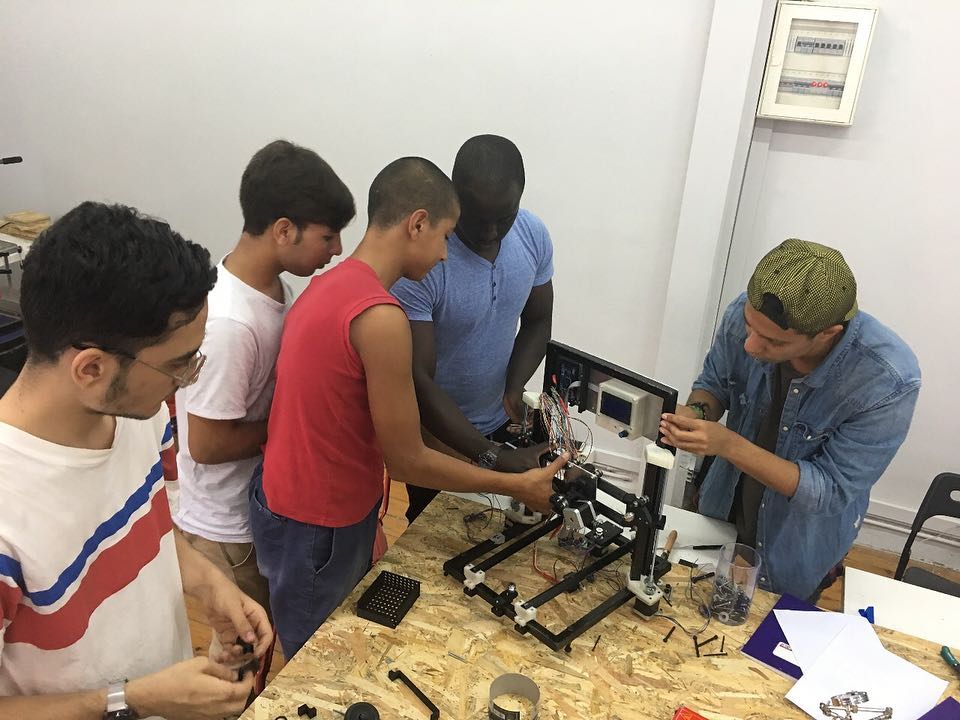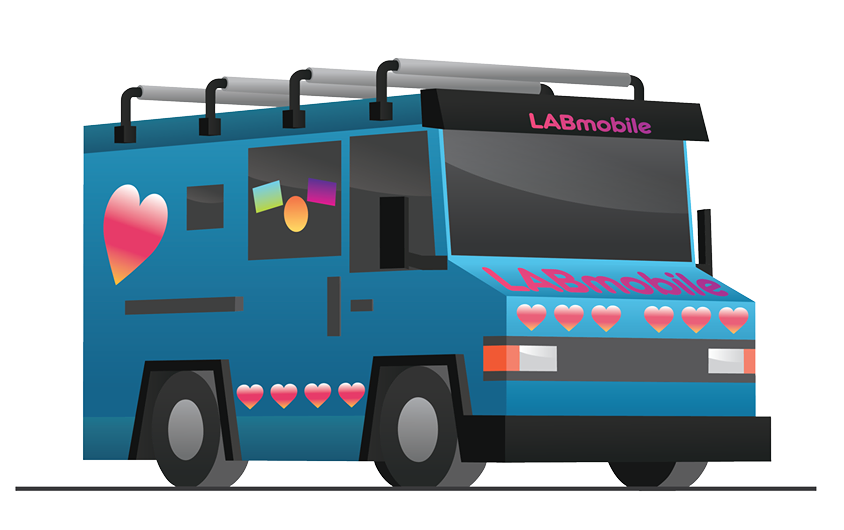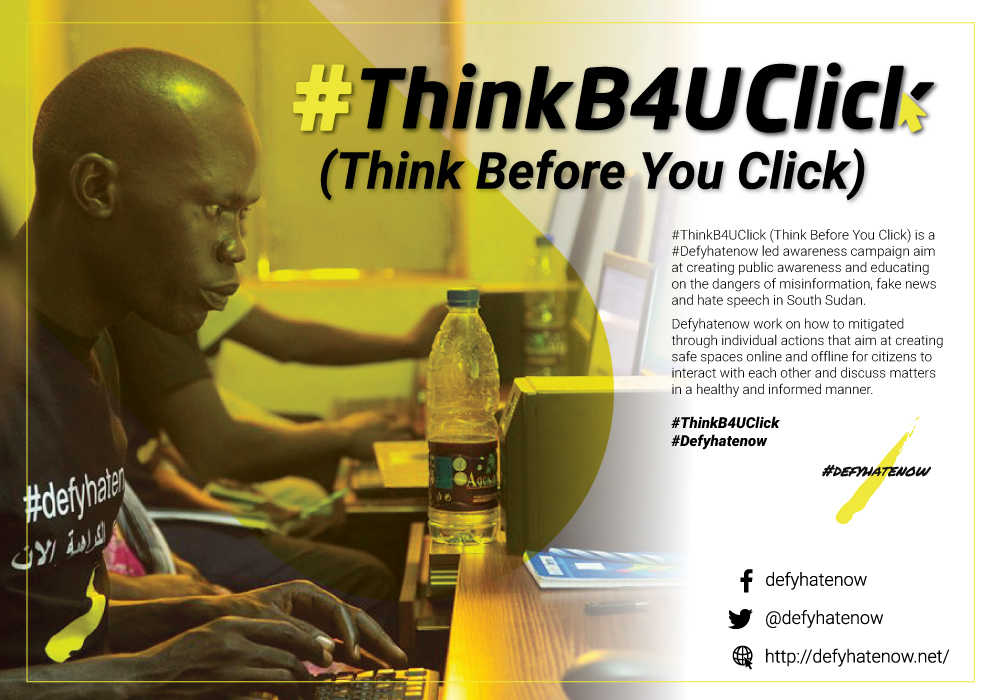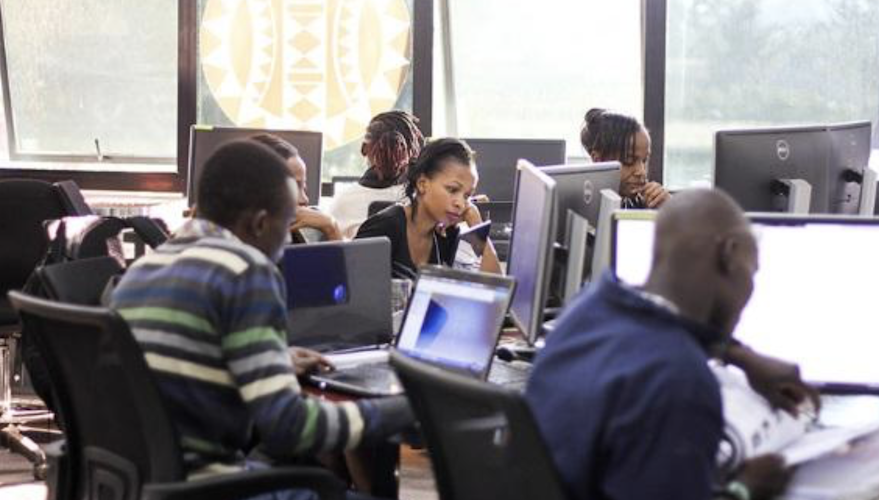
Calculative Making: The Fear of Failure in Kenya’s Makerspaces
When I first entered a makerspace in Nairobi in 2016, I was surprised that most people were sitting in front of their computers. My imagination of a messy makerspace where everyone tinkers with 3D printers and materials to build clumsy prototypes was disenchanted. A makerspace is a collaborative workshop equipped with tools and machines to process various materials. Contrary to the origins of makerspaces in hacker and do-it-yourself cultures that are aimed at an anti-capitalist appropriation of mass-produced goods (Maxigas 2012), the contemporary global phenomenon of emerging makerspaces focuses predominantly on entrepreneurial workplaces providing access to digital fabrication machinery like laser cutters, Computer Numerical Control (CNC) machines, and 3D printers.
Nairobi’s first makerspace – the epicenter of my three-year ethnographic research - joins the chorus of celebrating digital machinery for the development of cutting-edge prototypes to attract investment. On a state level, developing and innovating technology is seen as a path-breaking driver of national development in Kenya and as a historic moment for...



